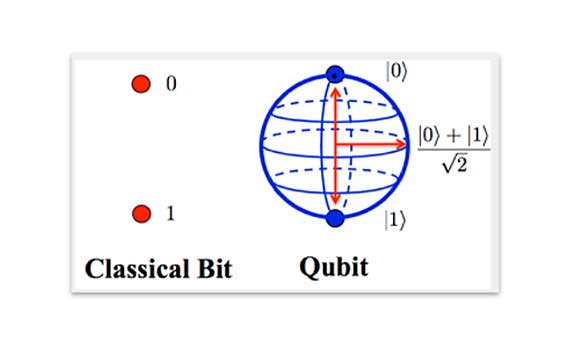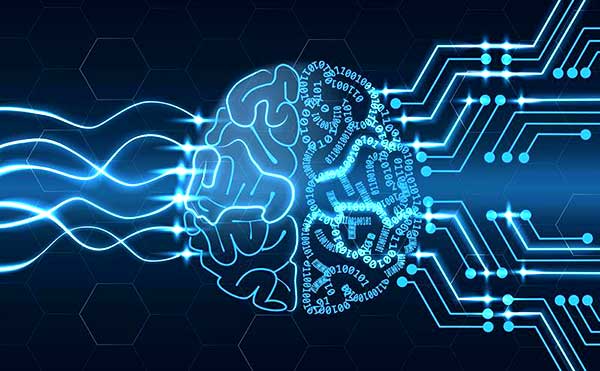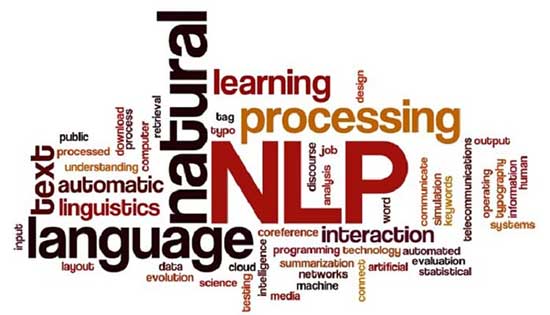
Without doubt, the future of computing lies within the field of quantum computing. The promise of being able to utilize quantum mechanics in such a way is clearly an enticing prospect. However, the challenges in the creation of an operational system comes down to forming the foundations and the basics. Having a clear procedure to follow and a set of specific algorithms that work is essential to making quantum computing a reality.
However, thanks to the work of Prasanth Shyamsundar, a post-doctoral research associate at the Department of Energy’s Fermilab Quantum Institute, this has become a reality.
Shyamsundar worked on the development of a pair of algorithms that should build upon work already done in the field of quantum computing. This will help to add even more diversity around the kind of issues we could use quantum computing to solve. The development of algorithms that can factor a number might not sound like a huge leap forward, but it’s essential to progressing towards more complex solutions in future.
Noting that these algorithms are purely meant to be the start as opposed to the end goal, the hope is that these could be used in data collection and analysis. When trying to sift through data that isn’t properly organized, this could help improve the speed in which specific details and information can be sought.
In the example given by Shyamsundar, he suggested the comparison between trying to find a jazz record within a collection of 100 albums. He suggests that in a normal computer query, the number of queries – and the time it takes to parse each query – would be much longer. With quantum computing, though, all of the records can be analyzed at the same time – this is known as superposition.
This would allow for the number of queries being run to find the answer to a specific data question to be much smaller than they are at present. This would allow for easier storing, sorting, and understanding of information from so many different spheres.
While many still are unsure about just how important quantum computing will be in the future, most can agree it has vast and immense potential. Instead of having to break everything down to the binary value of 1s and 0s, quantum computing allows us to look at information that shares both values at once.
These factors might not sound like a great deal to the average computer user. In the years to come, though, these foundations are going to play a critical role in ensuring success and the growth of quantum computing in the most fundamentally important ways.
Citation
https://news.fnal.gov/2021/04/new-computing-algorithms-expand-the-boundaries-of-a-quantum-future/

